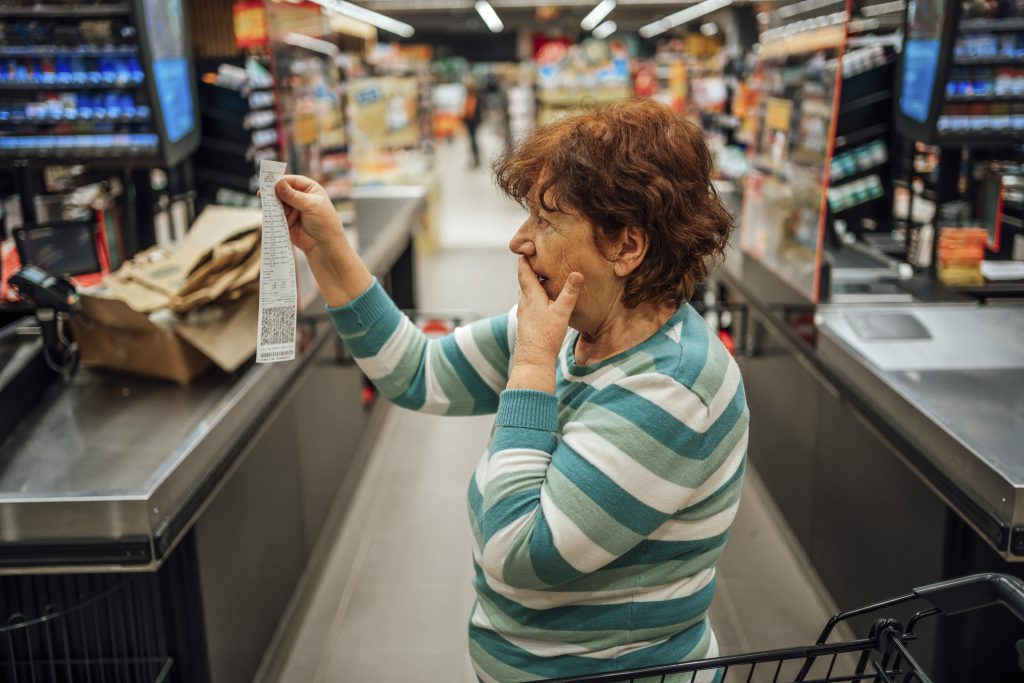Getting all the facts on inflation

Economy Minister Silvio Schembri recently penned an opinion piece titled ‘Getting facts about inflation right’. This was meant to highlight government’s Stabbiltà scheme, whereby there have been price reductions 15 food categories in certain shops and supermarkets. It is not the intention of this editorial to enter into the merits of this measure. At this stage it would be premature to start drawing conclusions as it is still very early days.
On the other hand, the issue has been a source of concern for more than three years. Initially, the blame was put on the Covid-19 disruptions to the supply chains and subsequently to the war in Ukraine. This had prompted UHM Voice of the Workers to start its monthly price monitoring exercise as from January 2022. During the course of these two years the price of a typical shopping list from leading supermarket chains rose by an average of 18%. Ostensibly, the spike was much more pronounced in the small village outlets due to economies of scale. Furthermore, on some products the increase was very pronounced such as sugar, beef, toilet paper, coffee, pasta and dairy products.
Until a couple of months ago, government would not acknowledge that inflation in food prices was much higher than the rest of the economy. The mantra was that it was subsidizing fuel, energy and cereals and consequently there was else to be done.
Food matters because it is a necessity to live and is undoubtedly the biggest expense of low-income household. You can do without a holiday or going out to eat, but you cannot do without basic food necessities. This worrying trend was, and is still eroding the quality of life of middle- and low-income households.
UHM had consistently called on government to stop taxing COLA and the national insurance, to boost household incomes without actually raising wages. Afterall, current practice is grossly unfair as it amounts to double taxation. To date such proposals have not been taken onboard while concerns on spiralling food prices were being brushed aside.
Meanwhile, faced by record COLA levels which this year reached €12.81, government for some reason decided to change course and announce the Stabbiltà scheme with the objective of mitigating the spike in food prices. Whether this will be a success or not it is yet to establish. However, it is quite astonishing how, all of a sudden the government is acknowledging the existence of the problem and has even singled out some categories such as coffee. According to the minister the reduction in these prices was not enacted before as prior to last summer prices in Malta were following the exact same pattern as abroad.
In this respect we beg to differ. There is ample evidence that inflation on food prices in Malta has been consistently higher than abroad for several years not just in recent months. Why is it only now that the government is acknowledging that the situation deserves attention? Why is it only now that comparisons are being made with prices in neighbouring countries like Italy? On what basis have the food categories been selected while others excluded? Does the fact that the European parliament election is on the horizon has to do with the timing of this decision?
The minister was right to state that we need to get the fact rights on inflation, but this requires knowing the entire picture. This is why the aforementioned questions need to be clarified. Getting all the facts on inflation goes hand in hand with getting them right. They are mutually inclusive.
